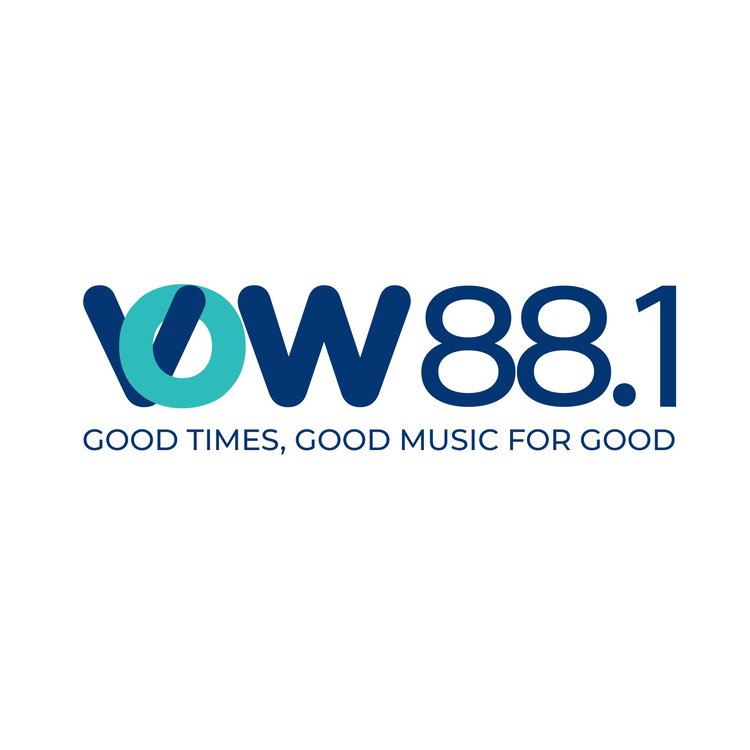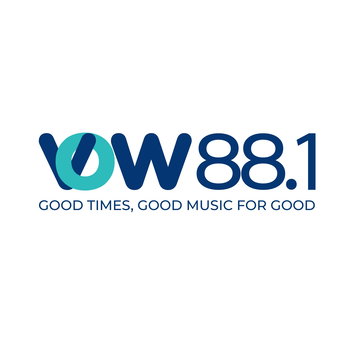
IN CONVERSATION WITH LEBOGANG SEOHENG.
Loading player...
As South Africa commemorates Youth Month, the South African Responsible Gambling Foundation (SARGF) warns of a troubling surge in problem gambling among young adults aged 18 to 35. Amid soaring youth unemployment and limited economic opportunities, many are turning to high-risk betting as a perceived income source, often with devastating financial and social consequences.
According to the SARGF’s 2024/25 National Responsible Gambling Programme (NRGP) Report, the foundation received 4 166 referrals for counselling and support treatment, nearly half (2,034) involving young adults. The most common forms of gambling included:
• Online sports and non-sports betting
• Casino slot machines
• Illegal gambling operations
Voluntary self-exclusion, where individuals proactively ban their own gambling access for a minimum period of 6 months, saw 902 new applications for counselling and treatment, a sharp increase from the previous 2023/24 financial year of the 902 self-excluded persons 196 were between the ages of 18-35. While these figures span all age groups, they underscore the growing distress among youth, many of whom gamble to recoup losses or supplement meagre incomes.
The NRGP provides ongoing support through the NRGP support group which has over 600 members, this Support Group was designed for Problem Gamblers who have completed their recommended therapeutic sessions but still require ongoing support.
Inpatient treatment is when a patient is suffering from more than one psychological disorder (e.g., presenting with signs of gambling disorder and depression or bipolar mood disorder at the same time) and gets hospitalised in a private clinic or hospital for 21 days receiving both talk and medicinal therapy to fight his or her psychological disorder.
In the financial year 2024/25 A total of 27 psychiatric evaluations were conducted, which resulted in 18 inpatients being admitted to various psychiatric institutions. Inpatient admissions have doubled compared to the previous financial year. Of the 27 psychiatric evaluations 15 were between the ages of 18-35 and from the 18 inpatient admissions 9 were between the ages of 18-35
Employment Status Doesn’t Guarantee Protection
Contrary to assumptions, problem gambling extends beyond the unemployed:
• 2 362 held full-time jobs
• 515 were self-employed
• 302 worked part-time
• 752 were unemployed
• 163 were students
This data reveals that gambling is no longer just a social activity but a secondary income strategy for many, one that often spirals into devastating consequences.
The Psychological Trap: Gambling as a False Lifeline
The SARGF’s interviews expose a grim reality, with nearly 40% of South African youth unemployed, many view gambling as their only shot at financial relief. Limited access to skills development and formal employment further fuels reliance on high-risk bets. Aggressive digital and mass media marketing by gambling operators exacerbates the problem.
According to the SARGF’s 2024/25 National Responsible Gambling Programme (NRGP) Report, the foundation received 4 166 referrals for counselling and support treatment, nearly half (2,034) involving young adults. The most common forms of gambling included:
• Online sports and non-sports betting
• Casino slot machines
• Illegal gambling operations
Voluntary self-exclusion, where individuals proactively ban their own gambling access for a minimum period of 6 months, saw 902 new applications for counselling and treatment, a sharp increase from the previous 2023/24 financial year of the 902 self-excluded persons 196 were between the ages of 18-35. While these figures span all age groups, they underscore the growing distress among youth, many of whom gamble to recoup losses or supplement meagre incomes.
The NRGP provides ongoing support through the NRGP support group which has over 600 members, this Support Group was designed for Problem Gamblers who have completed their recommended therapeutic sessions but still require ongoing support.
Inpatient treatment is when a patient is suffering from more than one psychological disorder (e.g., presenting with signs of gambling disorder and depression or bipolar mood disorder at the same time) and gets hospitalised in a private clinic or hospital for 21 days receiving both talk and medicinal therapy to fight his or her psychological disorder.
In the financial year 2024/25 A total of 27 psychiatric evaluations were conducted, which resulted in 18 inpatients being admitted to various psychiatric institutions. Inpatient admissions have doubled compared to the previous financial year. Of the 27 psychiatric evaluations 15 were between the ages of 18-35 and from the 18 inpatient admissions 9 were between the ages of 18-35
Employment Status Doesn’t Guarantee Protection
Contrary to assumptions, problem gambling extends beyond the unemployed:
• 2 362 held full-time jobs
• 515 were self-employed
• 302 worked part-time
• 752 were unemployed
• 163 were students
This data reveals that gambling is no longer just a social activity but a secondary income strategy for many, one that often spirals into devastating consequences.
The Psychological Trap: Gambling as a False Lifeline
The SARGF’s interviews expose a grim reality, with nearly 40% of South African youth unemployed, many view gambling as their only shot at financial relief. Limited access to skills development and formal employment further fuels reliance on high-risk bets. Aggressive digital and mass media marketing by gambling operators exacerbates the problem.

